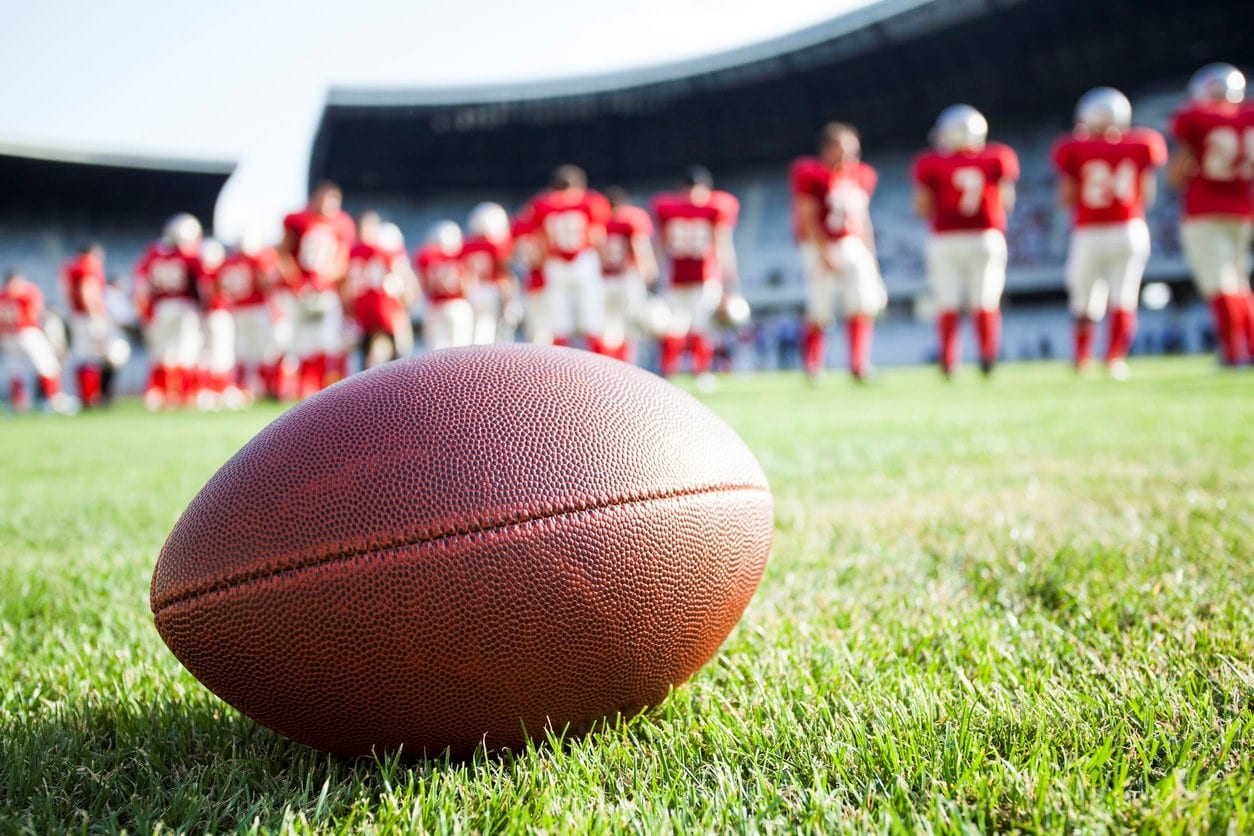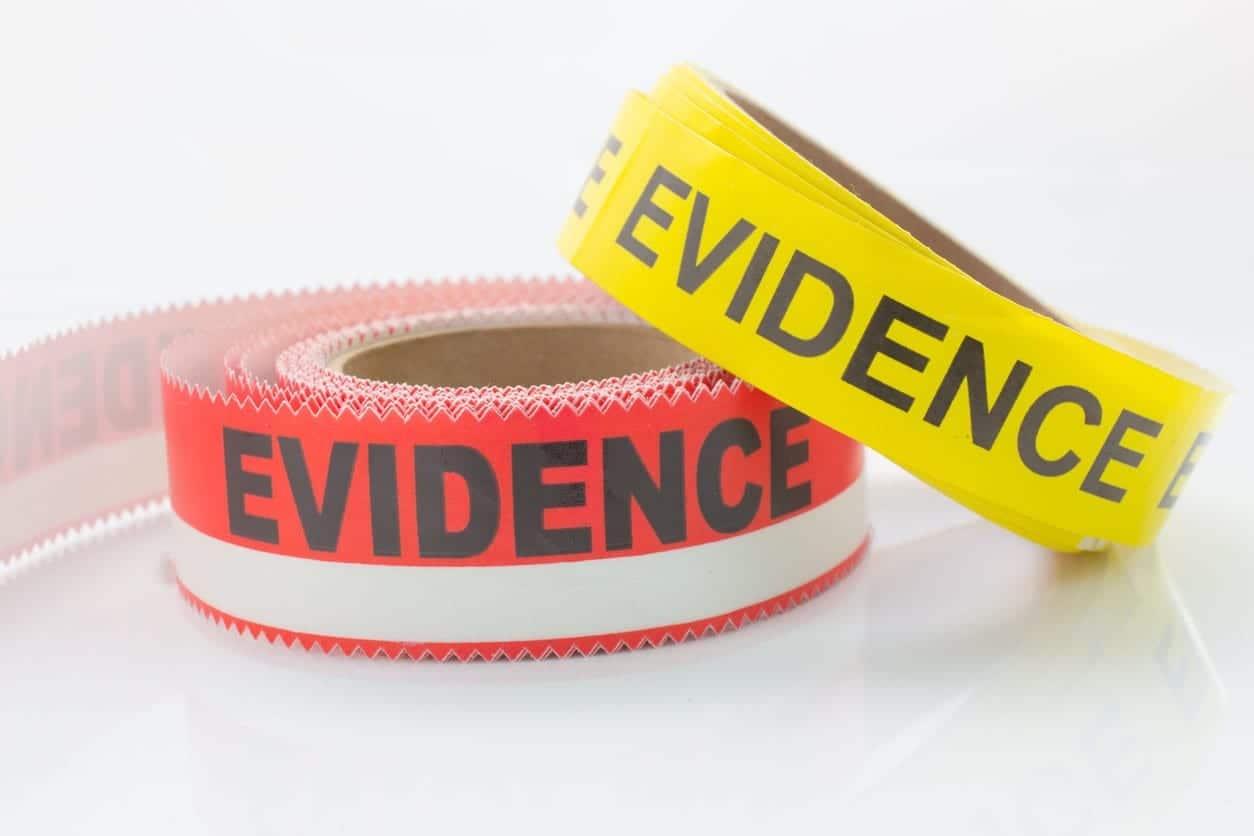
The college football season has come to a close, but the University of Minnesota’s team is still making headlines – and not in a good way.
P.J. Fleck was just hired on as the new head coach of the Golden Gophers football team after Tracey Claeys was fired. Many credit the decision to let Claeys go to his involvement in the team’s proposed boycott of the 2016 Holiday Bowl.
The coaching change and the awkward failed boycott show just how tricky it has become for students, athletes, coaches, and universities themselves to handle sexual assault cases.
What Happened at the University of Minnesota Goes Beyond an Alleged Criminal Act
Two weeks before the Holiday Bowl, the members of the University of Minnesota football team stood together and skipped practice. Some of the team members were missing, however, because 10 players had recently been suspended.
These players had been under criminal and Title IX investigations for the alleged sexual assault of a female student in early September. While no criminal charges had been filed and no arrests had been made, the players still faced indefinite suspension for their alleged actions.
Their confusion over the various processes, outcomes, and consequences led the football team to boycott and protest their teammates’ suspensions. The players insisted that they would not resume playing until the players’ suspensions were lifted, as they were punished without due process.
Head coach Tracey Claeys tweeted his support and stood with the players once the boycott was announced, which probably did not put him on good terms with the school’s athletic director. After a lengthy team meeting, during which time the players read the 80-page report that detailed the alleged sexual assaults, the players reconsidered their protest. Within a week of announcing their boycott, they were back on the field.
The team managed to win the Holiday Bowl against the Washington State Cougars, but the controversy that surrounded the game caused the team’s reputation – and that of the university – to take a big hit. Now it appears that it also played a large role in Claeys losing his position as head coach.
Sexual Assault Investigations for Student Athletes Complicated and Confusing

Why were the players punished after one investigation, but not the other?
Title IX investigations are conducted in different ways from criminal investigations and require different amounts of condemning evidence for action or penalties to take place.
In a criminal investigation, the prosecution needs to prove that the crime was committed “beyond a reasonable doubt.” There are all kinds of strategies that an experienced sexual assault defense lawyer can use to raise these doubts.
Title IX investigations, which are required by the Department of Education when these claims arise, rely on a “preponderance of the evidence” standard. In other words, if only 50.01% of the evidence points to a crime or injustice being committed, the defendant will lose their case in a Title IX investigation.
There is a big gap between evidence proving that someone committed a crime beyond a reasonable doubt and there is a better than 50% chance of guilt. Due to this big gap, different outcomes can occur. Beyond this, there are many factors that determine how someone is sentenced for different violent crimes like assault or criminal sexual conduct.
The bottom line is that even though the players did not face legal consequences for their actions, college athletes are under a more powerful microscope, and the accusations made against them were backed by enough evidence to cause both their suspensions and a severe blow to their reputations. Being tied to such a scandal will be hard to cover up when these students are looking for jobs or additional opportunities to play sports.
About the Author:
Christopher Keyser is a Minneapolis-based criminal and DWI defense attorney known for fighting aggressively for his clients and utilizing innovative tactics to get the most positive results. He has been featured in numerous media outlets due to the breadth and depth of his knowledge, and recognized as a Minnesota Super Lawyers Rising Star (2014–2016), a Top 100 Trial Lawyer (2013–2016), and a Top 40 Under 40 Attorney (2013–2016).





